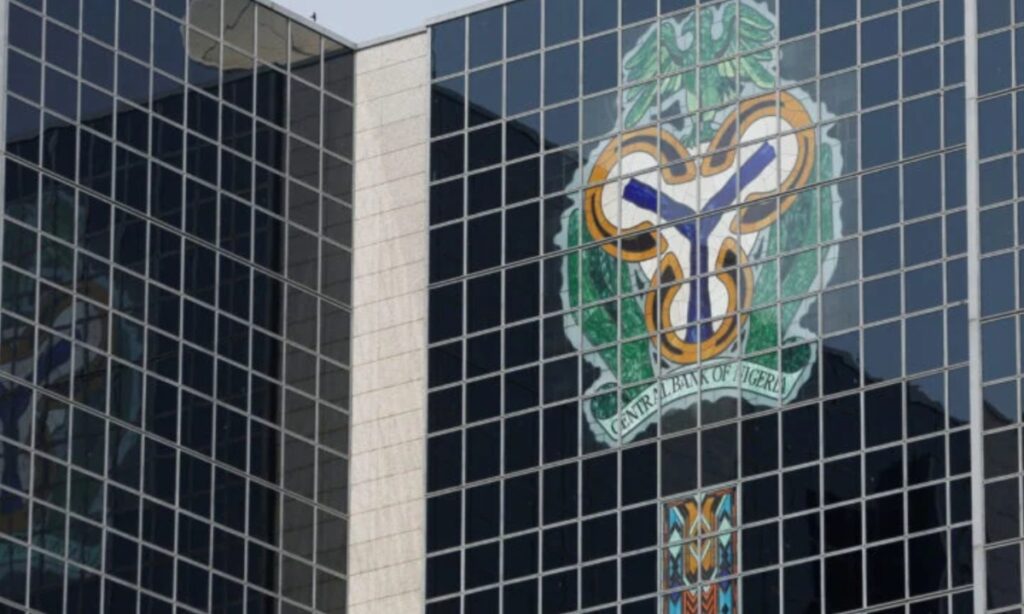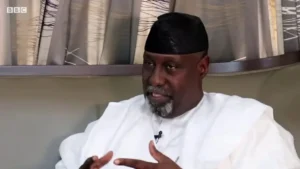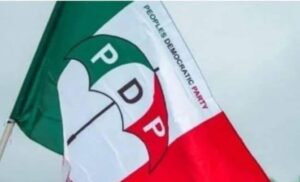Nigeria’s inflation has dropped for the fifth month in a row, and this has led to stronger calls for the Central Bank of Nigeria (CBN) to lower interest rates.
According to new figures, the inflation rate reduced to 21.12% in August 2025, a fall from 21.88% in July 2025, the National Bureau of Statistics (NBS) confirmed.
When compared to August last year, inflation has reduced by 12.03%, showing that prices are cooling down. However, experts note this is partly linked to the Consumer Price Index (CPI) rebase earlier in 2025.
The NBS also reported that food inflation dropped slightly in August. Prices of items such as imported rice, local rice, millet, semolina, flour, and maize slowed down, which brought food inflation down to 21.87% from 21.88% in July.
This positive inflation trend has raised fresh demands for the CBN to lower its current interest rate of 27.50%, which many say is too high.
In July, the CBN had refused to reduce interest rates despite pressure from manufacturers and other business stakeholders.
Financial expert, Gbolade Idakolo, told DAILY POST that the consistent drop in inflation might push the CBN to finally consider cutting rates at its next Monetary Policy Committee (MPC) meeting scheduled for September 22 and 23, 2025.
He explained that keeping interest rates high makes it hard for Nigerians to feel the benefit of falling inflation.
Idakolo added that lowering interest rates could ease pressure on industries, reduce production costs, and bring down the prices of goods and services.
He also noted that while inflation has been dropping month by month, high interest rates have negatively affected manufacturers and service providers, which continues to make products more expensive.
According to him, reducing interest rates would help businesses and, in turn, cut costs for ordinary Nigerians. But he stressed that despite the inflation drop, the cost of living is still high because doing business in Nigeria remains expensive.
On his part, Prof. Godwin Oyedokun of Lead City University in Ibadan said that the real test is whether this inflation drop will truly improve the lives of Nigerians.
He explained that while inflation dropped to 20.12% in August 2025, the effect on ordinary citizens depends on how quickly these changes spread across the economy.
Prof. Oyedokun pointed out that though inflation figures show improvement, many Nigerians may not feel relief immediately because of challenges such as unstable currency, high unemployment, and a tough economy.
He added that people will only feel the real benefits if the prices of essential goods, especially food, reduce in a way that matches household incomes.
He also warned that because of past instability in Nigeria’s economy, many citizens may remain doubtful about whether this positive trend will last long enough to improve their standard of living.
In conclusion, Oyedokun said that while the inflation drop is good news, the real impact will depend on food prices, wage growth, and the overall economy in the coming months.







